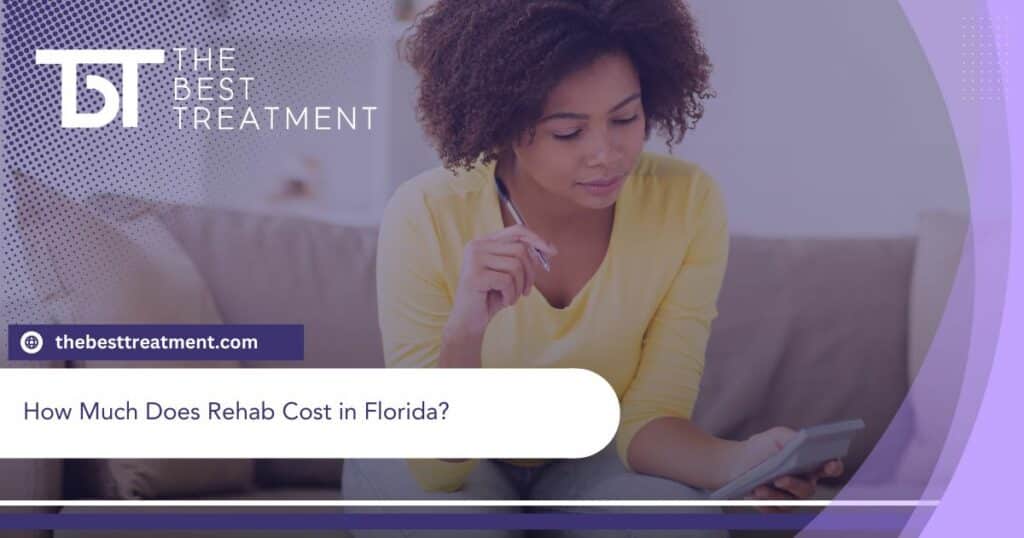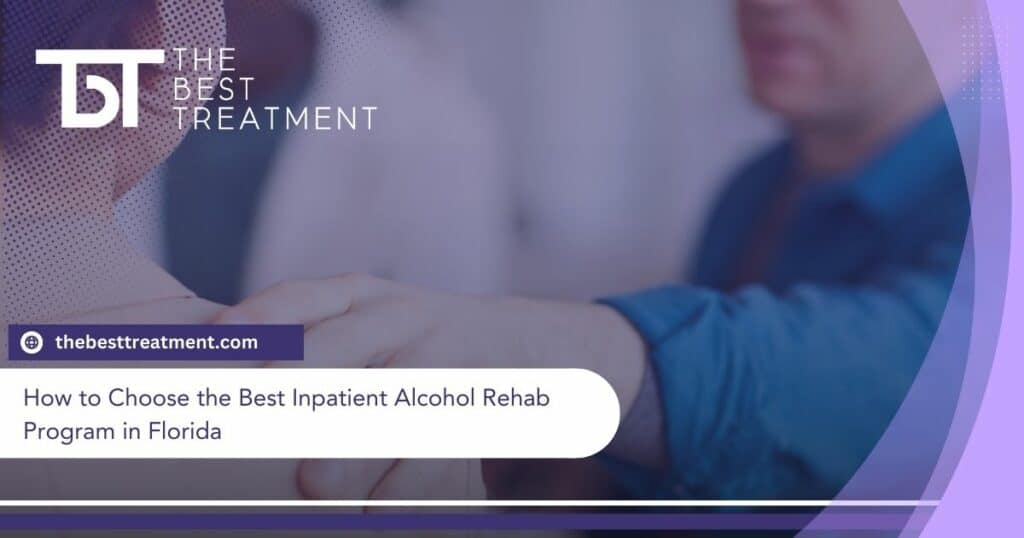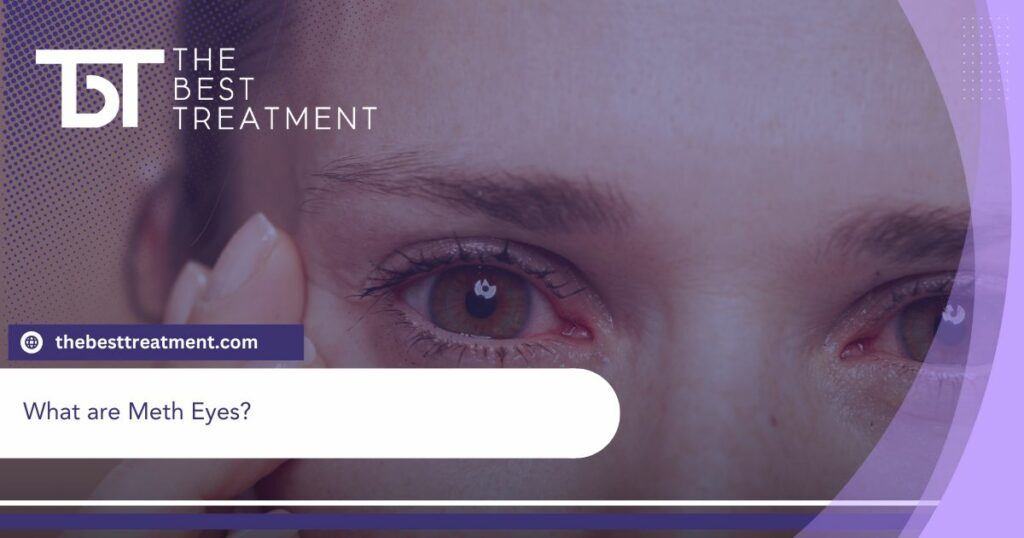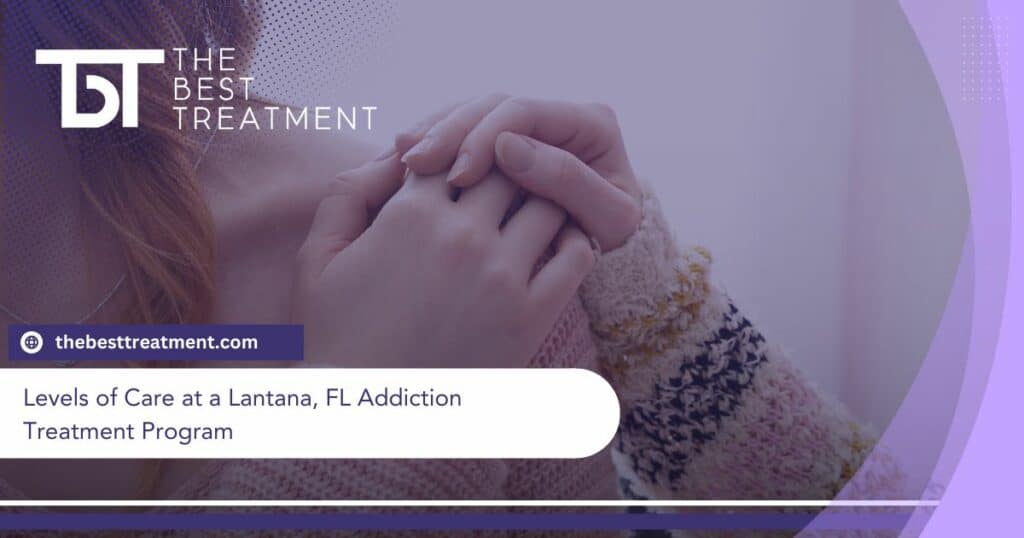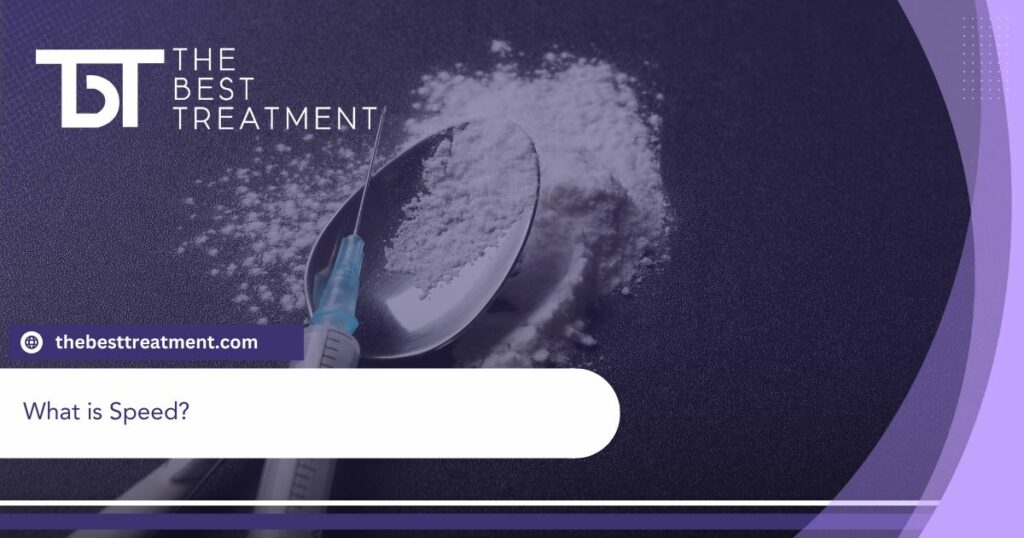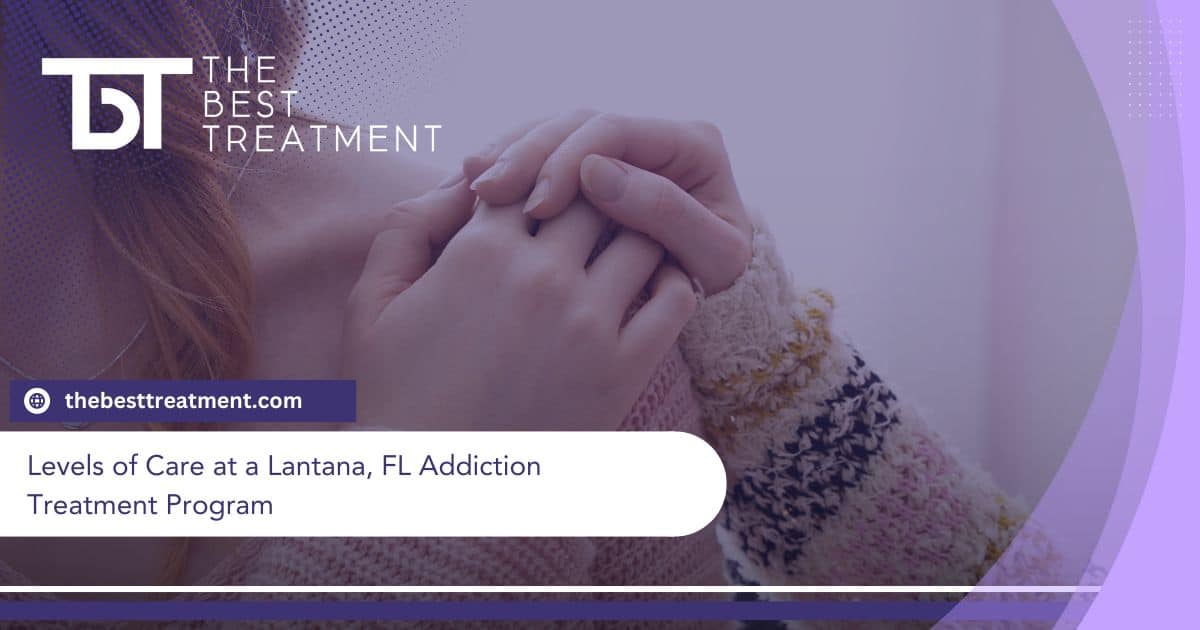Table of Contents
Millions of people in the United States live with a substance use disorder (SUD). Without treatment, the consequences of SUD are likely to get worse. Over time, a SUD can cause life-threatening physical and mental health conditions.
If you or someone you love struggles with substance abuse or addiction, you must seek comprehensive treatment and ongoing support. However, no two people have the exact needs during addiction recovery. Finding a level of treatment that meets your unique needs is crucial.
This article will detail the levels of care in addiction treatment. You will learn what to expect from each level of care and how to determine which treatment plan is right for you.
You will find a range of treatment programs to fit your needs at The Best Treatment. Contact our team of specialists now to learn about your treatment options or schedule an intake assessment.
Levels of Care in Addiction Treatment: An Overview
Rehab centers often offer several levels of care to meet people’s different needs. Seeking treatment at a center with multiple levels of care allows for a continuum of care. This means you will be able to transition seamlessly from one program to the next as your recovery needs change.
Here is an overview of each level of care in addiction treatment.
Detox
Many people begin their recovery journey in a medically managed intensive inpatient detox program. Inpatient care allows people 24/7 access to treatment and support during the detox process.
During detox, you will have access to treatments including:
- Medications to reduce cravings and manage other withdrawal symptoms
- Emotional support
- Mental health treatment, including individual and group counseling, when appropriate
- Round-the-clock supervision and support
- A safe, secure environment
- Holistic care, including nutrition support, mindfulness, yoga, and more
Participating in a medically supported detox program will ensure you remain safe and comfortable throughout the detox process.
Inpatient/Residential Treatment
Inpatient treatment programs in Lantana, FL provide the most intensive level of treatment. During an inpatient program, you will receive treatment services while living in the treatment facility.
Your treatment team will consist of medical professionals, mental health practitioners, and case managers. Your team will assess your needs and develop an effective treatment program.
Your treatment plan may include:
- Individual psychotherapy
- Behavioral therapies
- Family therapy
- Support groups
- Relapse prevention education
- Coping skills
- Mental health treatment
- Medical care
- Medications
- Aftercare planning
The intensive, round-the-clock treatment and support of residential treatment can help you manage your withdrawal symptoms. You will have the support you need to prevent relapse during early recovery. During treatment, you will learn how to avoid relapse in the future.
Partial Hospitalization Programs (PHP)
A partial hospitalization program (PHP) is the most intensive outpatient level of care. It is ideal for people who have completed an inpatient program or who require intensive care to manage co-occurring disorders.
During a PHP, participants spend around 30 hours per week engaging in treatment sessions. The treatment schedule is similar to an inpatient program, but a PHP allows people to live at home while receiving treatment.
A PHP treatment plan may include:
- Individual, group, and family therapy
- Medication management
- Medical care
- Relapse prevention and coping skills education
- Mental health treatment
- Behavioral therapies
- Holistic therapies like yoga, nutrition support, and mindfulness
- Aftercare planning
Partial hospitalization program participants typically attend treatment sessions every weekday for several hours per day. This intensive schedule allows people to receive comprehensive care while remaining close to their support networks in the community.
Intensive Outpatient Programs (IOP)
Intensive outpatient programs (IOPs) provide a high level of care. Participants may attend treatment sessions 3-5 days per week. This is an ideal level of care for people who have intensive needs but do not require daily treatment.
Many people participate in an IOP after completing a higher level of care, such as inpatient rehab or PHP. The support of an intensive outpatient program can help you transition from a more intensive level of care into your daily life.
Your IOP treatment plan may include:
- Individual therapy
- Behavioral therapies
- Group and family therapy
- Relapse prevention education
- Yoga, mindfulness, exercise, and other holistic therapies
- Aftercare planning
An IOP provides high-quality treatment and the flexibility to stay engaged with family responsibilities, work, and hobbies. It is ideal for those who are not in active withdrawal and people with adequate community support.
Outpatient Rehab
Many treatment facilities offer flexible outpatient rehab programs. These programs provide ongoing support and treatment for people who have completed other levels of treatment. Outpatient rehab participants may spend a few hours per week engaging in treatment sessions.
Outpatient rehabs are highly flexible. Your treatment team will recommend therapies and treatments to help you stay committed to sobriety as you navigate your daily life.
Find Lantana Addiction Treatment Programs
Contact The Best Treatment team now to learn about our comprehensive treatment programs in Lantana, FL. Our addiction specialists can assess your needs and help you choose the level of care that best meets them. Call now to get started.
Medically Reviewed: September 25, 2019

All of the information on this page has been reviewed and verified by a certified addiction professional.





